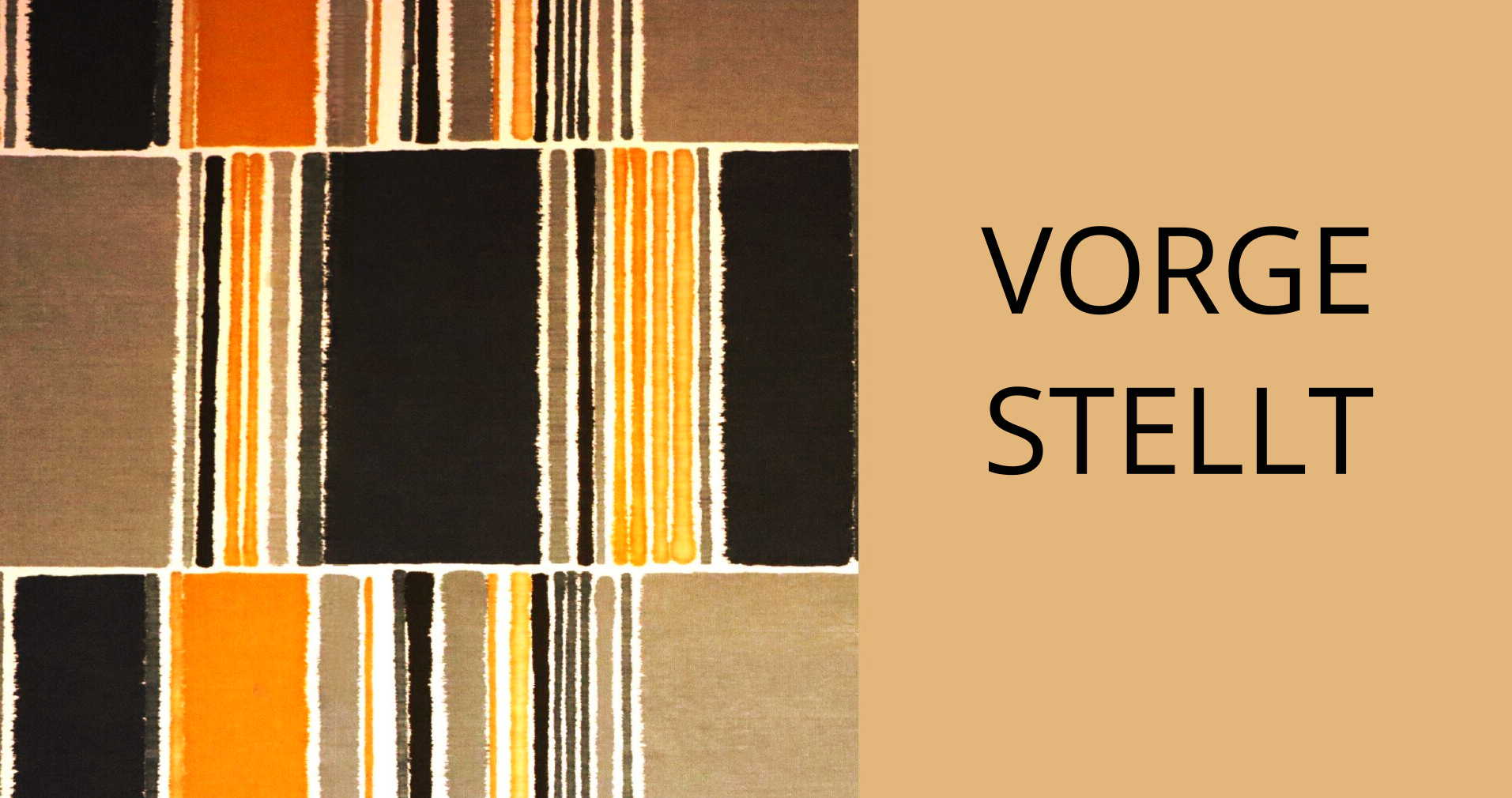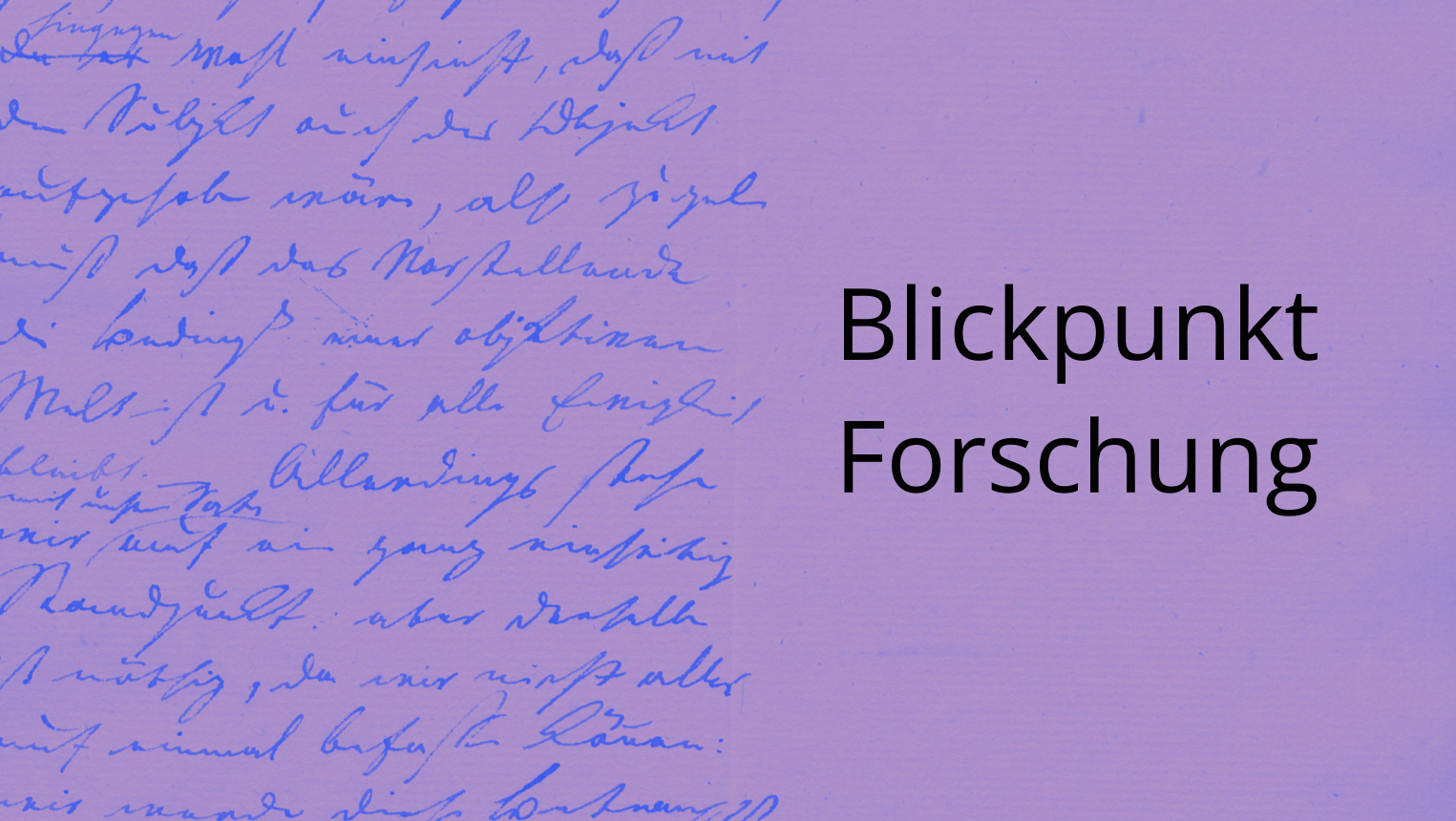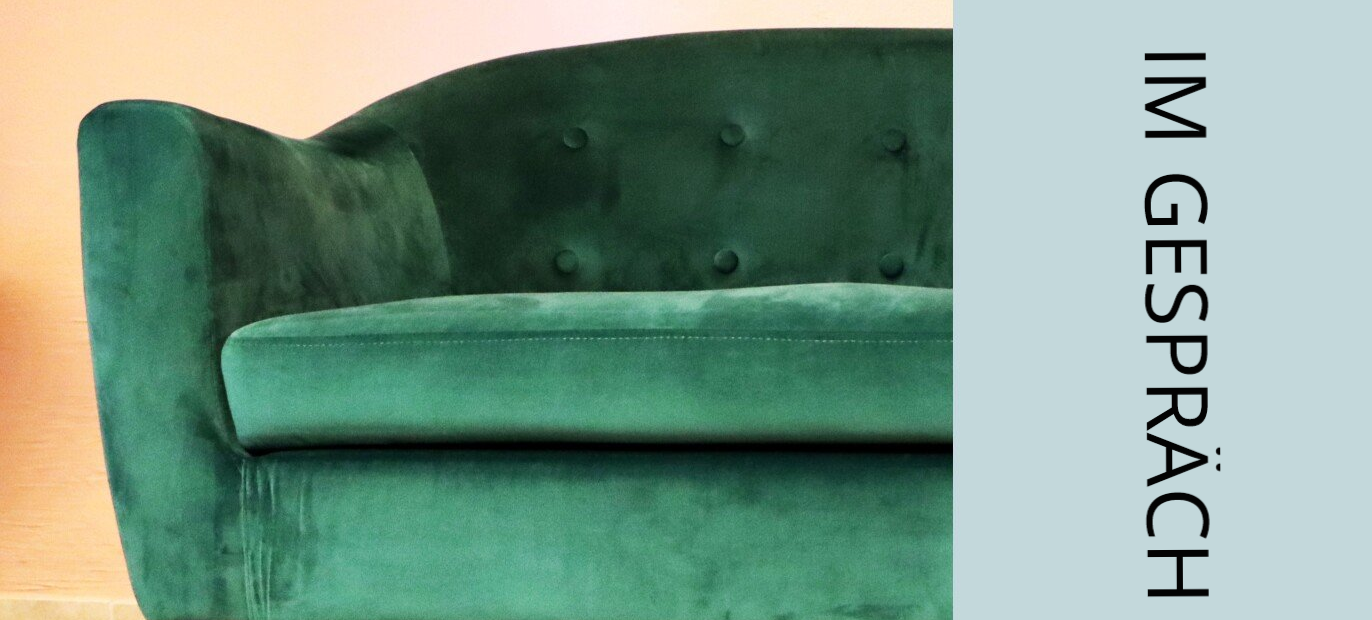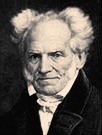Paul Deussen, founder of the Schopenhauer-Gesellschaft claimed that Arthur Schopenhauer was “the philosophus christianissimus” [1], an appellation previously claimed by Schopenhauer himself, when he noted that his teaching was “the genuine Christian philosophy – as paradoxical as this may seem to those who do not go to the core of the matter, but instead remain stuck at the outer skin.” [2] In Schopenhauer’s view, the inner kernel communicated by Christianity was identical to that communicated by the other great pessimistic religions, “Brahmanism” and Buddhism.
Schopenhauer’s claim that his own philosophy coheres with religious traditions whose metaphysics are, prima facie, not only at odds with his metaphysics of will, but also in conflict with one other, turns on his theory that religions are obliged to communicate their true insights on the authority of revelation and under the veil of allegory (sensu allegorico), whilst philosophy communicates the same insights directly, supported logically, in the clear concepts of philosophy (sensu proprio). Both religious and philosophical communication responds to humanity’s metaphysical need, enabling the boundaries of explanation to be drawn. However, philosophy satisfies this need directly, religion indirectly.
It was this context that prompted the Schopenhauer-Gesellschaft to organise a workshop entitled ‘Mythos and Logos: Schopenhauer and the Relationship between Philosophy and Religion’, in Sinaia, Romania. The workshop was part of the 4th World Congress on Logic and Religion (4th WoCoLoR 2023), which took place from September 3rd – September 8th 2023. It was organised and chaired by Oliver Brown, with the assistance of Jens Lemanski and Christopher Ryan, with the keynote delivered by Matthias Koßler. The workshop was well attended with papers delivered by scholars from Germany, Japan, England, Romania, Italy, India and Brazil boding well for future international collaboration in the study of Schopenhauer. Papers delivered at the workshop spanned the breadth of Schopenhauer’s philosophy, including his aesthetics, epistemology, metaphysics and ethics. The variety of papers made for an extensive and interdisciplinary discussion and exposition of Schopenhauer’s philosophy in relation to religion.








